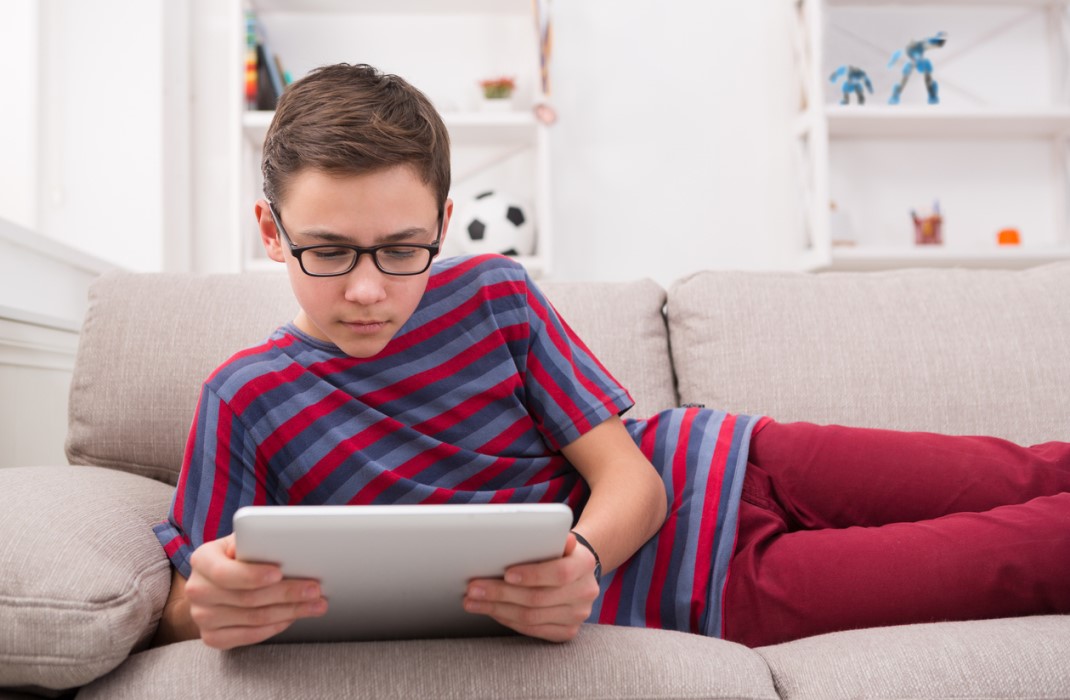-
- Find Care
-
- Visitor Information
- Find a Location
- Shuttles
- Visitor Policies
-
-
-
- Our Virtual Care Options
- Virtual Urgent Care
- Virtual Visits for Primary & Specialty Care
- Online Second Opinions
- Participate in Research
-
- Contact us
-
- For Innovators
- Commercialization Guide for Innovators
-
-
- Research News
- Alzheimer's Disease
- Artificial Intelligence
-
- Overview
-
- Overview
- Getting Started
- New to Mass General Brigham
- International Patient Services
- What Is Patient Gateway?
- Planning Your Visit
- Find a Doctor (opens link in new tab)
- Appointments
- Patient Resources
- Health & Wellness
- Flu, COVID-19, & RSV
- Billing & Insurance
- Financial Assistance
- Medicare and MassHealth ACOs
- Participate in Research
- Educational Resources
- Visitor Information
- Find a Location
- Shuttles
- Visitor Policies
- Find Care
-
- Overview
- Our Virtual Care Options
- Virtual Urgent Care
- Virtual Visits for Primary & Specialty Care
- Online Second Opinions
-
- Overview
- Participate in Research
-
- Overview
- About Innovation
- About
- Team
- News
- For Industry
- Venture Capital and Investments
- World Medical Innovation Forum (opens link in new tab)
- Featured Licensing Opportunities
- For Innovators
- Commercialization Guide for Innovators
- Contact us
-
- Overview
- Information for Researchers
- Compliance Office
- Research Cores
- Clinical Trials
- Advisory Services
- Featured Research
- Two Centuries of Breakthroughs
- Advances in Motion (opens link in new tab)
- Brigham on a Mission (opens link in new tab)
- Gene and Cell Therapy Institute
- Research News
- Alzheimer's Disease
- Artificial Intelligence
-
- Overview
-
- Overview
- Residency & fellowship programs
- Brigham and Women's Hospital
- Massachusetts General Hospital
- Mass Eye and Ear
- Newton-Wellesley Hospital
- Salem Hospital
- Integrated Mass General Brigham Programs
- Centers of Expertise
- Global & Community Health
- Health Policy & Management
- Healthcare Quality & Patient Safey
- Medical Education
- For trainees
- Prospective trainees
- Incoming trainees
- Current trainees
- Continuing Professional Development
Screen Time & Activity Levels for Children During Concussion Recovery

Concussion management often involves physical and mental rest until symptoms go away. This can help you prevent second injuries and allow injured tissues to heal. However, research is starting to show that some physical and cognitive activity may help promote recovery.
“What we’ve seen over the last few years is a progressive pushback in the literature on this idea of rest, rest, rest. There’s evidence that introduction of early physical activity promotes recovery,” says Ross Zafonte, DO, a Mass General Brigham sports medicine specialist and an expert in concussion care. “What’s really exciting is that [new research now shows that] early cognitive activity of a moderate intensity (in other words, returning to school earlier or returning to other mild activities) is associated with a better outcome.”
Dr. Zafonte is the president of Spaulding Rehabilitation, chief of the Department of Physical Medicine and Rehabilitation at Massachusetts General Hospital, and chair of the Department of Physical Medicine and Rehabilitation at Brigham and Women’s Hospital. He is renowned for his work on traumatic brain injuries, which includes “Brain Injury Medicine,” a textbook considered to be the standard in brain injury care. Dr. Zafonte was interviewed about concussion management on Boston 25.
New evidence supports earlier return to school and exercise after concussion in children
Children with concussion are often asked to:
- Limit or revise participation in school
- Stop playing sports for a prescribed period of time
However, these strategies can cause social isolation and educational setbacks, Dr. Zafonte says. He and other experts are increasingly encouraging a common-sense approach to limitations based on the latest research. For example, he says, there’s evidence that screen time should be limited after concussion. But that doesn’t mean it has to be eliminated completely. Avoiding excessive early post injury screen time, such as scrolling or playing video games for prolonged periods of time is a good strategy.
He and his team are also keeping a close eye on the latest research and applying it to the way they manage youth concussion. For example, some research shows that physical activity (as long as it isn’t intense enough to aggravate symptoms) can actually speed up clinical recovery and return to sports.
And a brand-new study found that certain activities were associated with faster recovery. The authors suggested that young people, especially those experiencing fewer symptoms, can spend time in the classroom, participate in after-school activities, work and have some screen time. Dr. Zafonte calls for future research to explore the types of patients who need longer periods of rest and those who do not.
Early diagnosis and treatment improve concussion recovery
The evidence is clear that the earlier you’re diagnosed with concussion and treated, the better your recovery will be. Therefore, Dr. Zafonte recommends you seek medical attention for concussion if your child has signs of concussion:
- Confusion, fogginess, or trouble processing new information
- Headache
- Issues with balance
- Nausea
- Problems with vision or eye movements
- Trouble sleeping
Most concussion symptoms go away within the first few weeks after injury, though about 15% to 20% of people experience symptoms beyond the expected recovery period. Read more about post-concussion syndrome to learn the signs.
